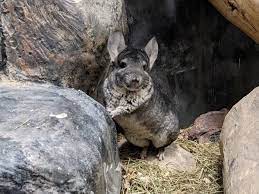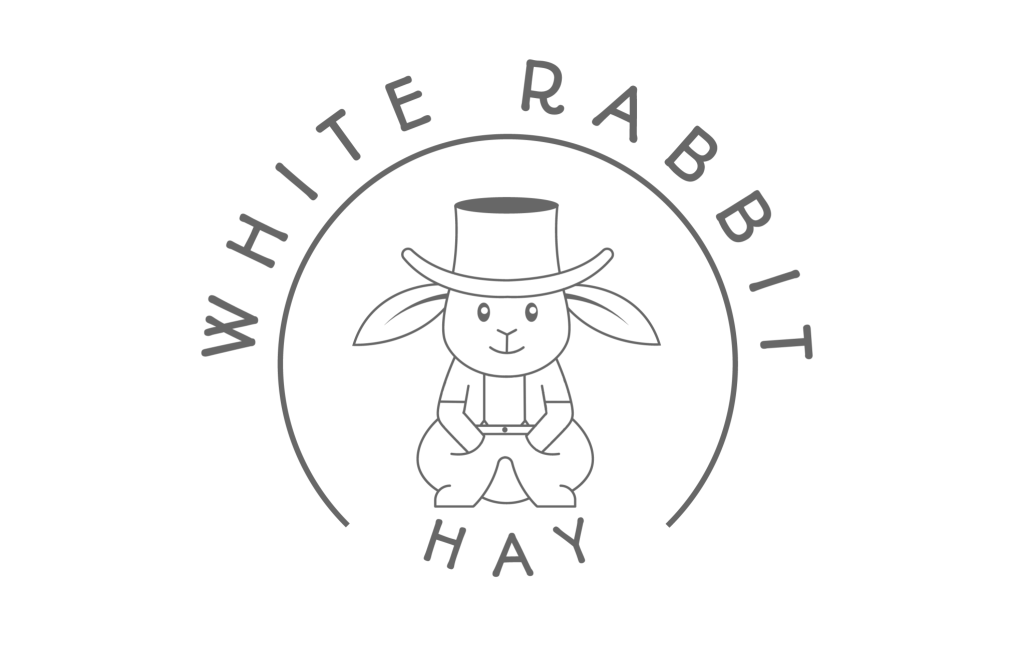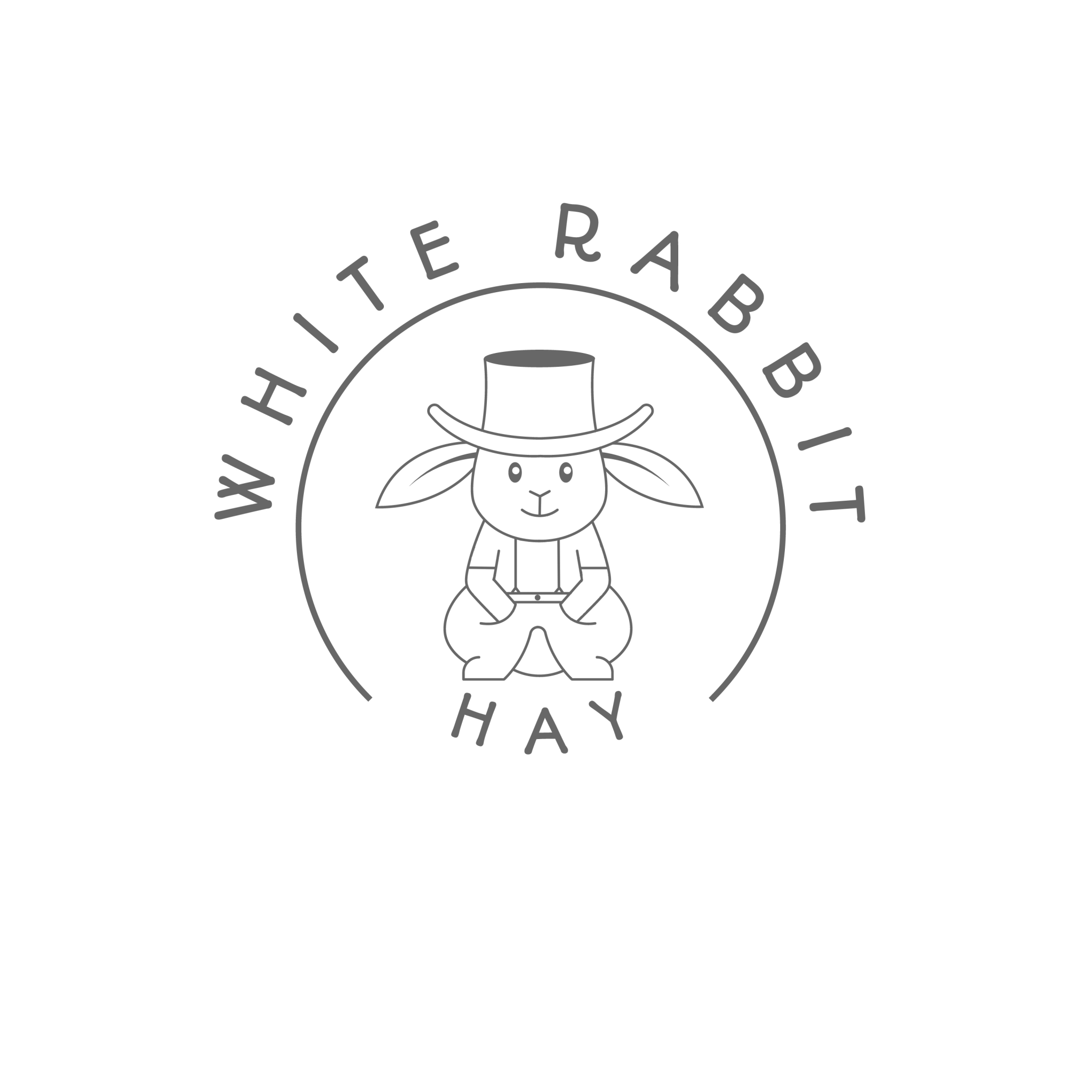
Chinchillas are pretty much continual feeders, with a preference for eating at night. When eating they sit on their hind legs and hold their food in their front paws.
Like rabbits and Guinea pigs, Chinchillas’ digestive systems need hay and grass to function properly, in the wild they naturally eat wild grass, leaves and twigs.
Balanced Diet:
Chinchillas’ teeth have continuous growth throughout their life, so they need wearing down and kept at the correct length by eating crisp grass/hay or grass-based chinchilla pellets. The wrong diet or omission of roughage and fibre can lead to serious dental issues.
What you should feed your chinchillas:
Premium quality hay that will make up the majority of your chinchillas’ diet (+80%) and it should be continually available.
Grass-based chinchilla pellets – Along with hay also give them a small amount (1-2 tablespoons per chinchilla) of chinchilla pellets every day.
Treats – You can give your chinchillas small amounts of dried fruit and root vegetables as treats. You can also give them assorted dried herbs.
Drinking water – your chinchillas will also need constant access to clean drinking water from a drinking bottle, which you should check morning and evening.
Avoid nuts and seeds as these are high in fat.
Never change your chinchillas’ diet suddenly, this could upset their digestive system and make them very ill.
Monitor your chinchillas’ diet:
The amount of food your chinchilla needs to eat depends on their age, lifestyle and state of health. If you feed them the correct diet, chinchillas generally keep themselves at the right weight. However, you’ll still need to keep an eye on the amount and types of food your chinchilla eats, and how much they drink.
Check that they’re eating every day and that they’re passing plenty of dry droppings. A little trial and error to work out exact nutritional amounts is required for each individual pet.
Chinchillas produce two kinds of droppings – hard, dry pellets and softer, moist pellets that they eat directly from their bottom, which are an essential part of their diet.
If your chinchilla’s eating or drinking habits change, the number or size of droppings gets smaller or they stop, talk to your vet straight away, as it could be a sign of illness.
Why feed 1st cut timothy hay?
First cut timothy hay is highly recommended for Chinchilla nutrition:
Is your animal having digestive or intestinal issues, or long teeth that need to be worn down, are there tell-tale signs of over-eating?
First cut timothy hay helps with all those concerns.
First cut Timothy hay is crisp and sweet and has the highest roughage and fibre of all hay varieties. Chinchillas require over 80% of their diet to be hay, first cut timothy ensures the correct amount of fibre, roughage, protein, and fat.



